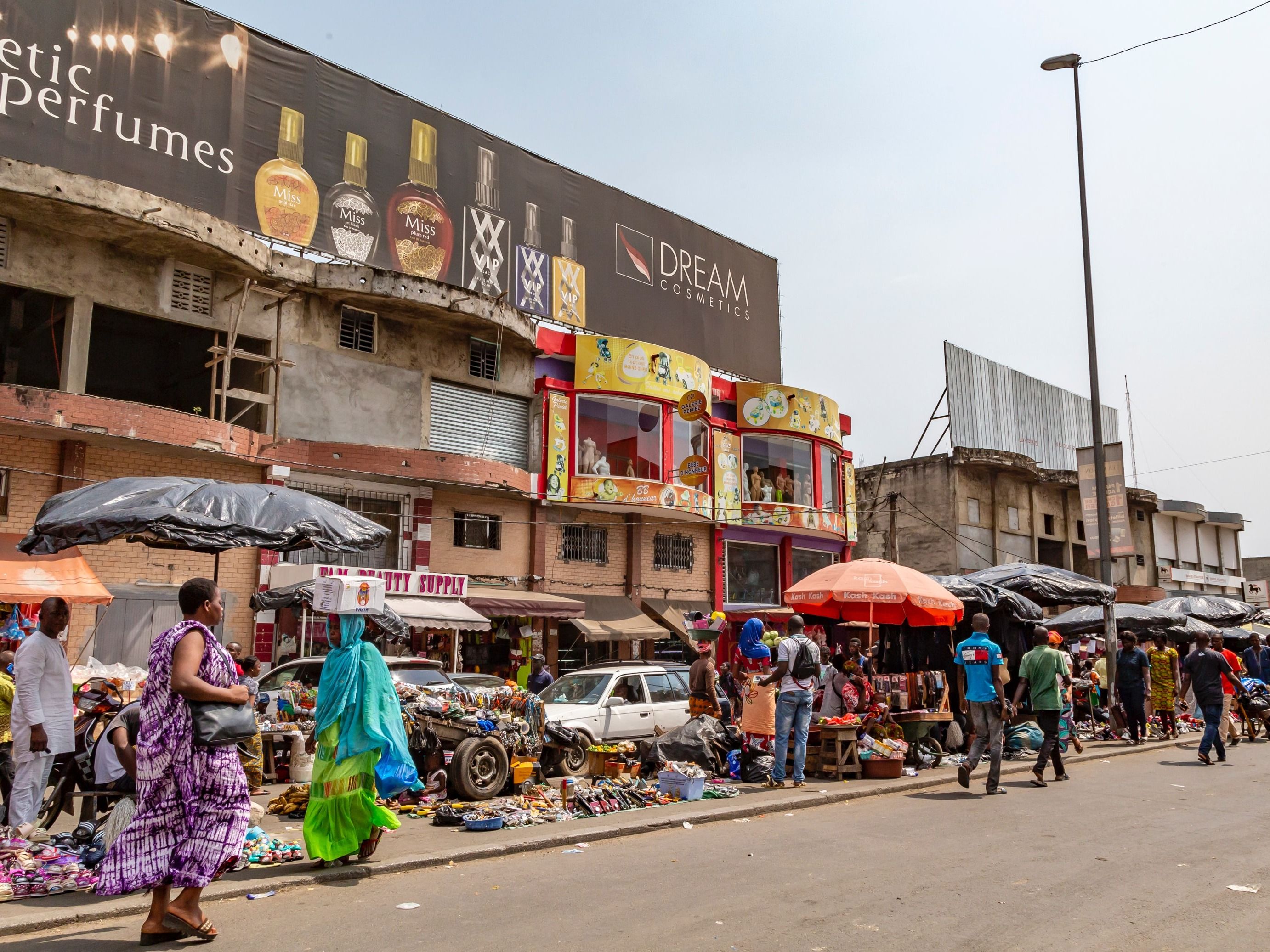
Due to rapid urban growth in the Ivory Coast, the municipalities could not grant basic sanitation, solid waste management (SWM), and stormwater infrastructure facilities in the urban sector for its citizens. To tackle this problem, the World Bank Group developed objectives to reduce vulnerability to flooding in selected urban areas and improve solid waste management. The project aims to address current and future flood risk in the city of Abidjan and selected secondary cities.
In Africa, primary cities show critical transformations: rapid urban developments with whole districts excluded from urban services, overwhelmed and ineffective municipal teams, urban landscapes marked by piles of garbage which affects public health negatively. In particular, the increasing risk of flooding will affect the most vulnerable households in Ivory Coast. The growth in urban areas raises the question of the control of environmental management by the persons in charge of communities.
The World Bank Group developed a project to reduce vulnerability to flooding in selected urban areas and improve solid waste management in targeted municipalities. The plan includes to improve stormwater management and scaling up the collection, transfer, disposal, and valorization of stormwater, which is a direct cause of flooding. Additionally, to prevent flooding to enhance digital technologies and building institutional capacity for improved urban services and planning, including early warning systems (EWSs).
By end of the project, 800,000 residents shall be protected against flooding and 1,3 Mio people shall be provided with access to improved solid waste services. In total 7 solid waste management infrastructure shall be built and the primary/secondary drainage network and associated roadworks shall be rehabilitated and built. The project is planned to complete by October 31, 2026.

Ivory coast
